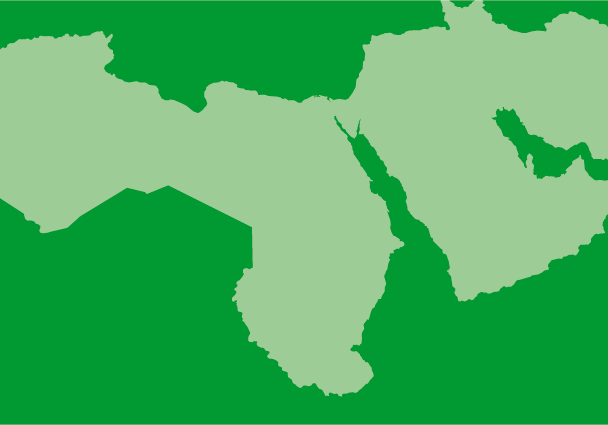
Jun 6, 2008 | E-bulletin on counter-terrorism & human rights, News
Read the 24th issue of ICJ’s monthly newsletter on proposed and actual changes in counter-terrorism laws, policies and practices and their impact on human rights at the national, regional and international levels.

Jun 2, 2008 | News
The ICJ said today at the Human Rights Council that all States should use their interaction with experts on extra-judicial executions, independence of judges and lawyers, torture and business and human rights.
This is not just to review their mandates to better address the major rights’ challenges, but also to demand accountability and end impunity for the perpetrators of persistent human rights violations in Zimbabwe, Tibet and Myanmar, the ICJ added.
HRC-States should strengthen judicial independence-Press releases-2008 (full text, word)

Jun 2, 2008 | News
” The Six leaders of the Baha’i faith in Iran, who were arbitrarily arrested in Tehran in May 2008 and are being held incommunicado, must be released immediately or legally charged with a recognisable offence,” said the ICJ.
Read the full press release here

May 23, 2008
 Major Witt was suspended from duty as an Air Force reservist nurse on account of her sexual relationship with a civilian woman.
Major Witt was suspended from duty as an Air Force reservist nurse on account of her sexual relationship with a civilian woman.
She alleged that the “Don’t Ask, Don’t Tell” policy of the US military, violated substantive due process , the Equal Protection Clause and procedural due process. A district court dismissed her suit under a US Federal Rule of Civil Procedure. In this judgment, the US Court of Appeal for the 9th Circuit substantially reversed this decision and remanded the case to be tried with stipulations on the standards that should be pursued in such a trial. This is the judgment of the case and the ICJ amicus brief
US-Brief of Amicus Curiae International Commission of Jurists on the case of Major Witt-Analysis briefs-2008 (full text, PDF)
US-Court of Appeals for the 9th Circuit-Report-2008 (full text, PDF)

May 23, 2008
 The ICJ stated that the current food crisis has hit hard the right to food, and negatively impacted the adequacy of the standard of living of millions of people.
The ICJ stated that the current food crisis has hit hard the right to food, and negatively impacted the adequacy of the standard of living of millions of people.
This in turn determines the enjoyment of other human rights, and even the right to life, as in the case of many hungry children.
ICJ Intervention on the impact of the worsening world food crisis-Open letters-2008 (full text, PDF)











